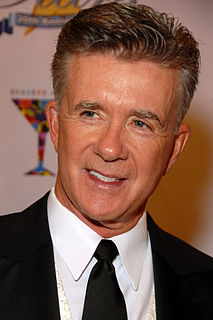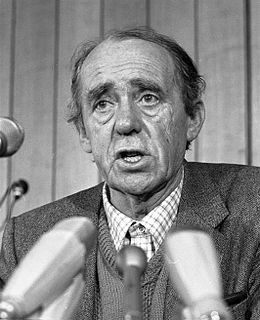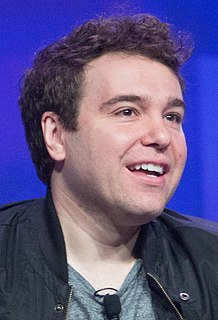A Quote by Haruki Murakami
The best point of my novels, I think, is their humor. I want to keep many my works humorous.
Related Quotes
I can remember the times when I started including humor in novels that were suspenseful. I was told you can't do that because you can't keep the audience in suspense if they're laughing. My attitude was, if the character has a sense of humor, then that makes the character more real because that's how we deal with the vicissitudes of life, we deal with it through humor.
Humor is really one of the hardest things to define, very hard. And it's very ambiguous. You have it or you don't. You can't attain it. There are terrible forms of professional humor, the humorists' humor. That can be awful. It depresses me because it is artificial. You can't always be humorous, but a professional humorist must. That is a sad phenomenon.
In Pakistan, many of the young people read novels because in the novels, not just my novels but the novels of many other Pakistani writers, they encounter ideas, notions, ways of thinking about the world, thinking about their society that are different. And fiction functions in a countercultural way as it does in America and certainly as it did in the, you know, '60s.
When a joke works, it works. It can make a point in a really simple way; it can be a great little sound bite to put on television or share on social media. Humor has this incredible power in how we communicate about politics now, in part because there's something natural in the way it's communicated.



































